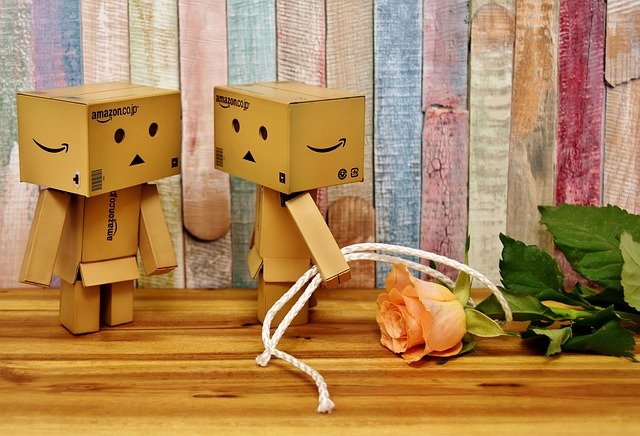by Nathan Chua
As we live in a predominantly Christian country, forgiveness can take on a lot of meanings. You and I have heard numerous recommendations from well-meaning friends, relatives, clergy, and even mental health practitioners about the necessity of forgiveness in order for us to live richer, more purposeful lives. The edict to forgive at all times however, has the unintended consequence of pouring guilt on the victim for not being ready to forgive. Not only is it hard to forgive people who have caused us great harm through abuse, neglect, or abandonment, people around us make quick judgments on our choices.
Having received my education from Roman Catholic and protestant institutions, I have had my share of confusion and guilt over such matters. Does it mean I have to forgive everyone at all times? Am I going against my own values for not wanting to forgive? Is it inimical to my own peace of mind if I refuse to offer forgiveness? Is forgiveness about forgetting also? I know, cliche! However, they linger and perhaps for some, even haunting!
It was a long search, but I believe I have finally found something that corresponds to my personal experience with forgiveness. The ACT (Acceptance and Commitment Therapy) take on forgiveness stems from the etymology of the word, “forgive.” To forgive means to give ourselves what came before. Using this perspective, it is easy to see how we can liberate ourselves from our own resentments about past hurts. Playing the blame game for how our lives are, can be distressing and disempowering. Forgiveness is a gift we give to ourselves. We can be who we were before the harm was done even as we hold our offenders accountable.
There is more good news! I know many of you reading this have some interest in the subject because you have yet to forgive at least one person in your life. As yet, there is no science that indicates forgiving our offenders is beneficial to our psychological well-being. Forgiving someone who has deeply wronged us is not a precursor to living a meaningful and values-based life.
I hope this helps especially those who have suffered terribly in the hands of an abuser. It is liberating and it protects us from the victim-blaming culture that pervades. You are not alone.

